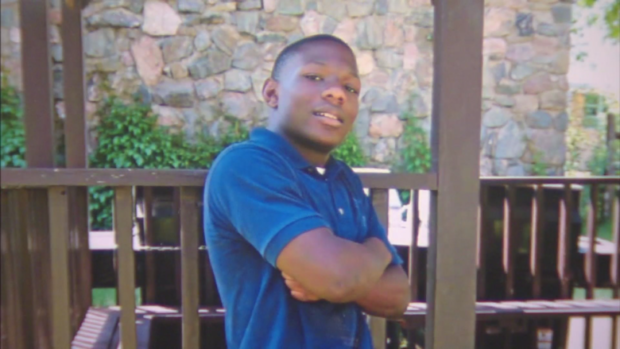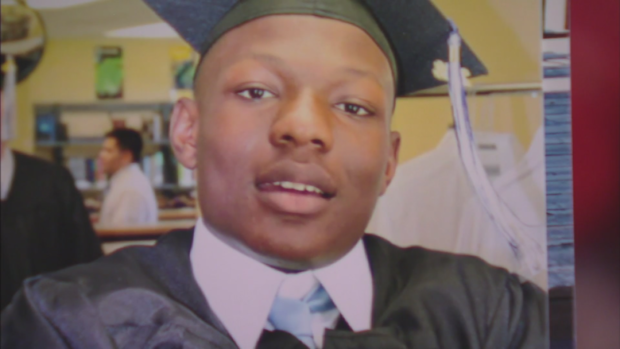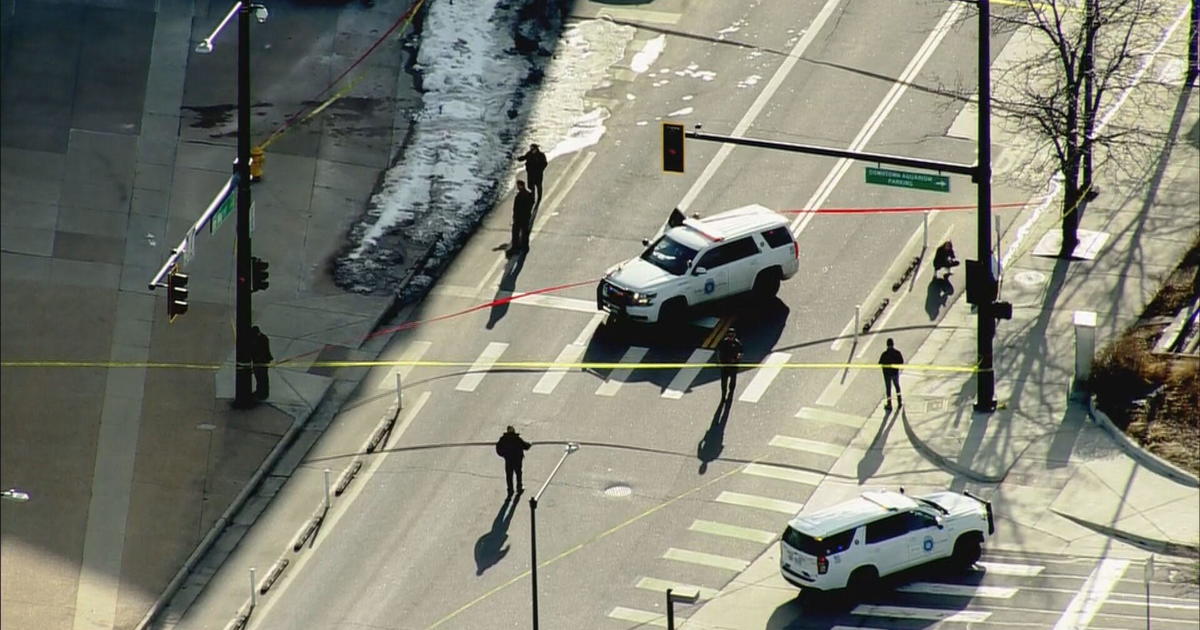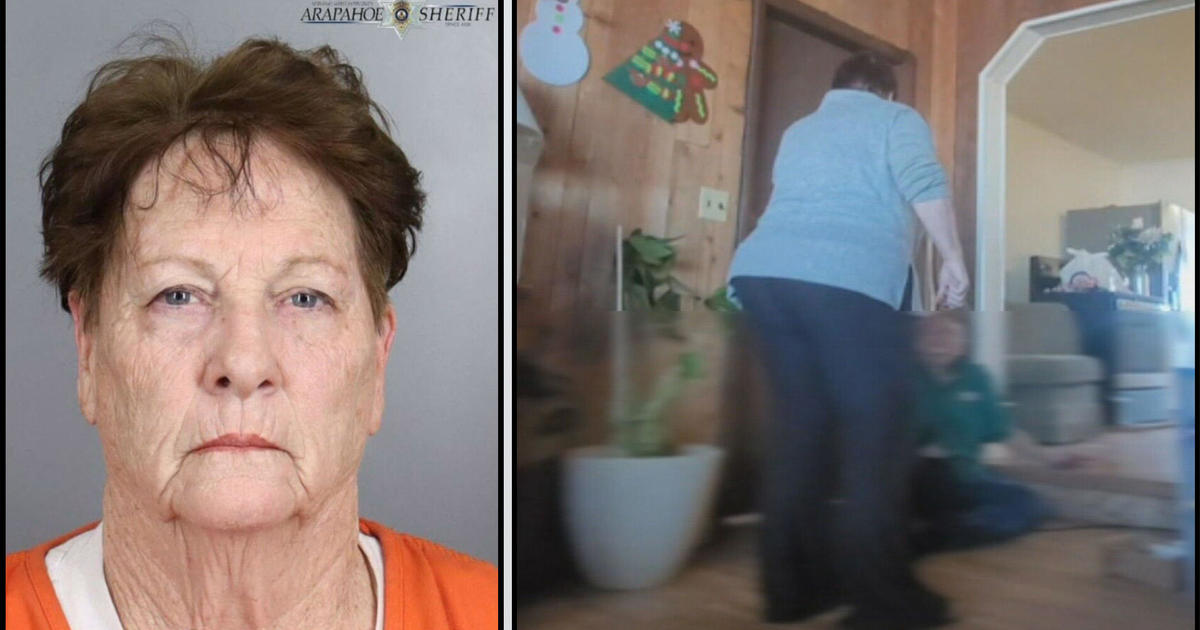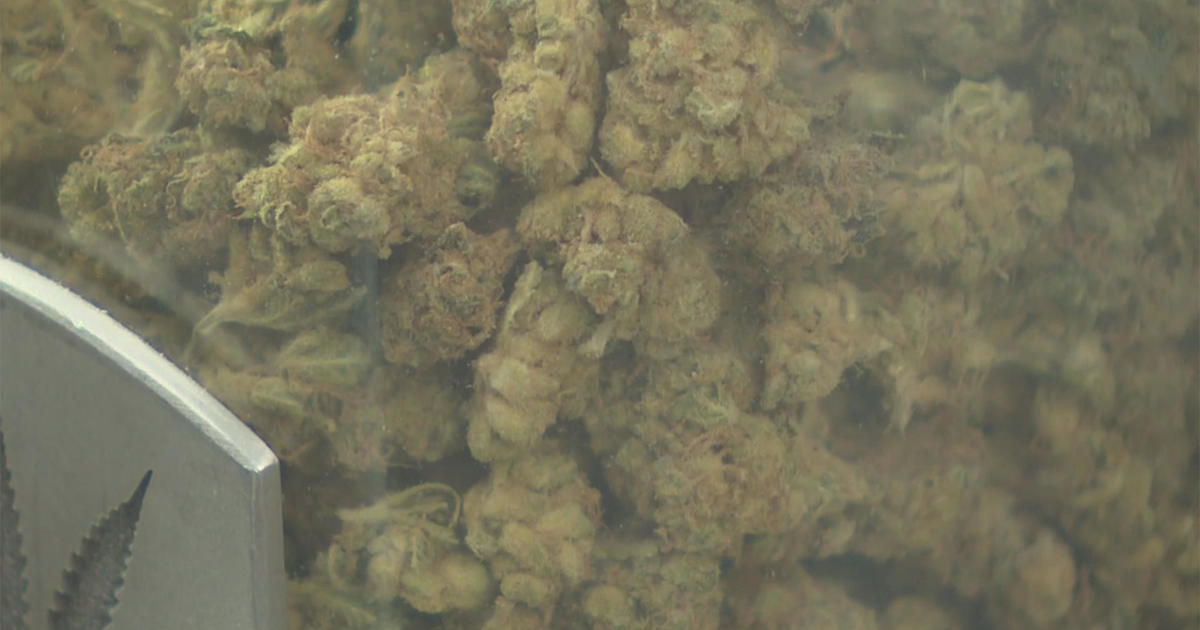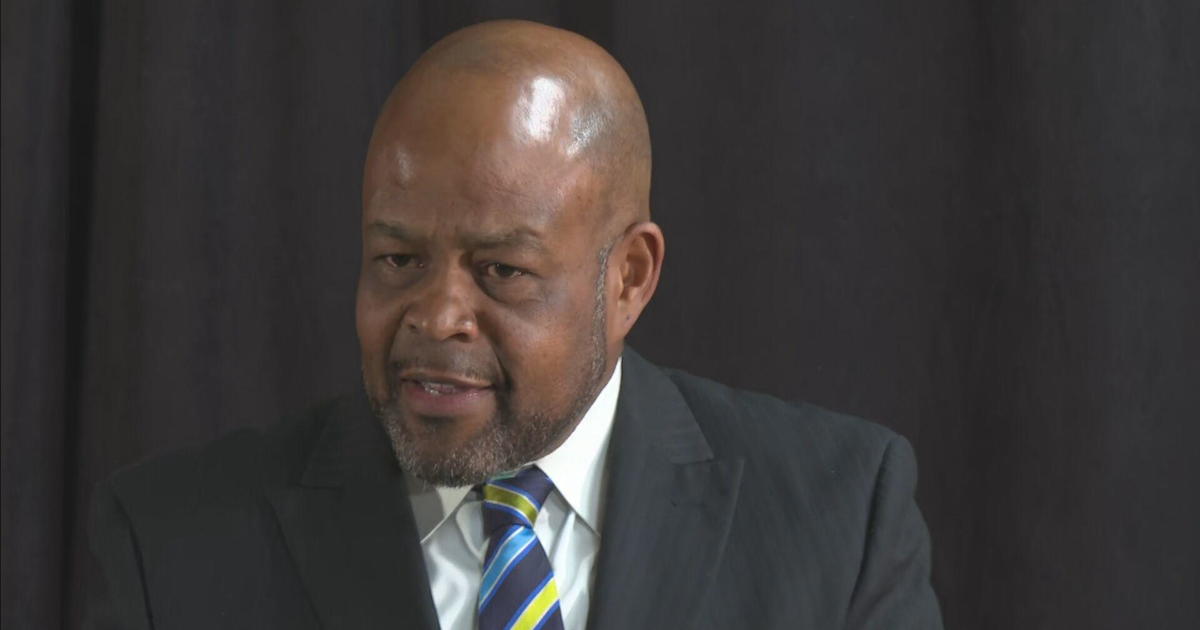"The part that bothers me the most is that when the officers showed up, they were supposed to be there to help my child, and he essentially stood there and watched him die, like, what kind of person are you?" said Dedranette Jones.
Dedranette is the mother of 18-year-old JeLonte Jones, who was shot and killed last fall, during what she believes began as argument over a girl. She only learned in the recent trial for the shooter that the responding officer, Dewayne Rodgers, could have taken steps to try to keep him alive, but did nothing.
"The roughest part was the fact that I had sat for a little over a year, thinking that my son had died at the hospital, and to see this body cam and to know the last thing he said was, 'I'm dying', and essentially, he was dead in that parking lot before paramedics got to him. By the time paramedics got to him, he didn't actually have a pulse," she said.
Body cam video captured from the incident on Sept. 7, 2020, shows paramedics arrived on scene around 14 minutes after Rodgers.
"They were the first people to even try to do CPR. To even touch my son. So officers at the scene never even bothered to bend down with the flashlight and look to see if they could find the wound, to apply pressure or to apply a tourniquet, there was no effort to keep him calm, and to keep him from freaking out, from going into shock, none of that was done," said Jones.
Prior to the arrival of paramedics, JeLonte can be heard telling Rodgers, "I'm dying," and "I can't breathe." Rodgers was able to confirm that Jones had been shot in the leg, but Jones had a hard time speaking, and in the video, eventually becomes completely unresponsive.
Rodgers continues to ask him questions, and can be heard repeatedly trying to find out what happened, instead of looking at the wound.
"Where were you coming from?" Rodgers asks.
"I'm dying," Jones replied.
"I got an ambulance coming for you, are you gonna answer any questions, or no?" Rodgers continued.
Rodgers told those investigating his misconduct that he couldn't locate the bullet wound, the victim did not tell him exactly where he was shot, and he did not want to aggravate the injury.
However, in their report, investigators determined that Rodgers, "knew the general location of the wound from the blood saturation and had ample time to locate the wound. Yet, he made no additional effort to locate the wound…"
It went on to say that "Officer Rodgers' claim that he was concerned about aggravating the injury cannot excuse the lack of care he demonstrated since the foreseeable outcome of failing to render aid was death, which significantly outweighs any concern of aggravating an injury."
Dedranette says her son was turning his life around at the time, and even had a long list of goals he was working on to do so.
"He was on his way toward being a great person and now we never get to know how great he would've been, 'cause they took that from me," she said.
Denver police offered the following statement via email:
"In the early stages of a homicide investigation, the Denver Police Department recognized and had concerns about Officer Dewayne Rodgers' failure to render aid to the shooting victim. The Department opened an Internal Affairs investigation, thoroughly investigated the officer's actions with oversight by the Office of the Independent Monitor, and the result of the disciplinary process was Officer Dewayne Rodger's termination."
